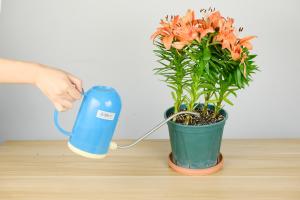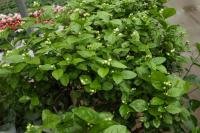1、 Curing method
1. Temperature: oprina likes a warm environment. When the ambient temperature is 25 degrees, it grows fastest. It can't be too cold in winter. At least keep the temperature above 5 degrees. At the same time, its high-temperature resistance is not strong. If it is higher than 35 degrees, it is prone to dehydration and withered branches and leaves

2. Watering: during the growth period, you need to keep the soil moist and not too dry. You can also spray water mist on its branches and leaves in summer. You should also water normally in spring and autumn to ensure normal growth. However, in winter, you need to control watering and try to keep the basin soil dry, so that it can spend the winter normally
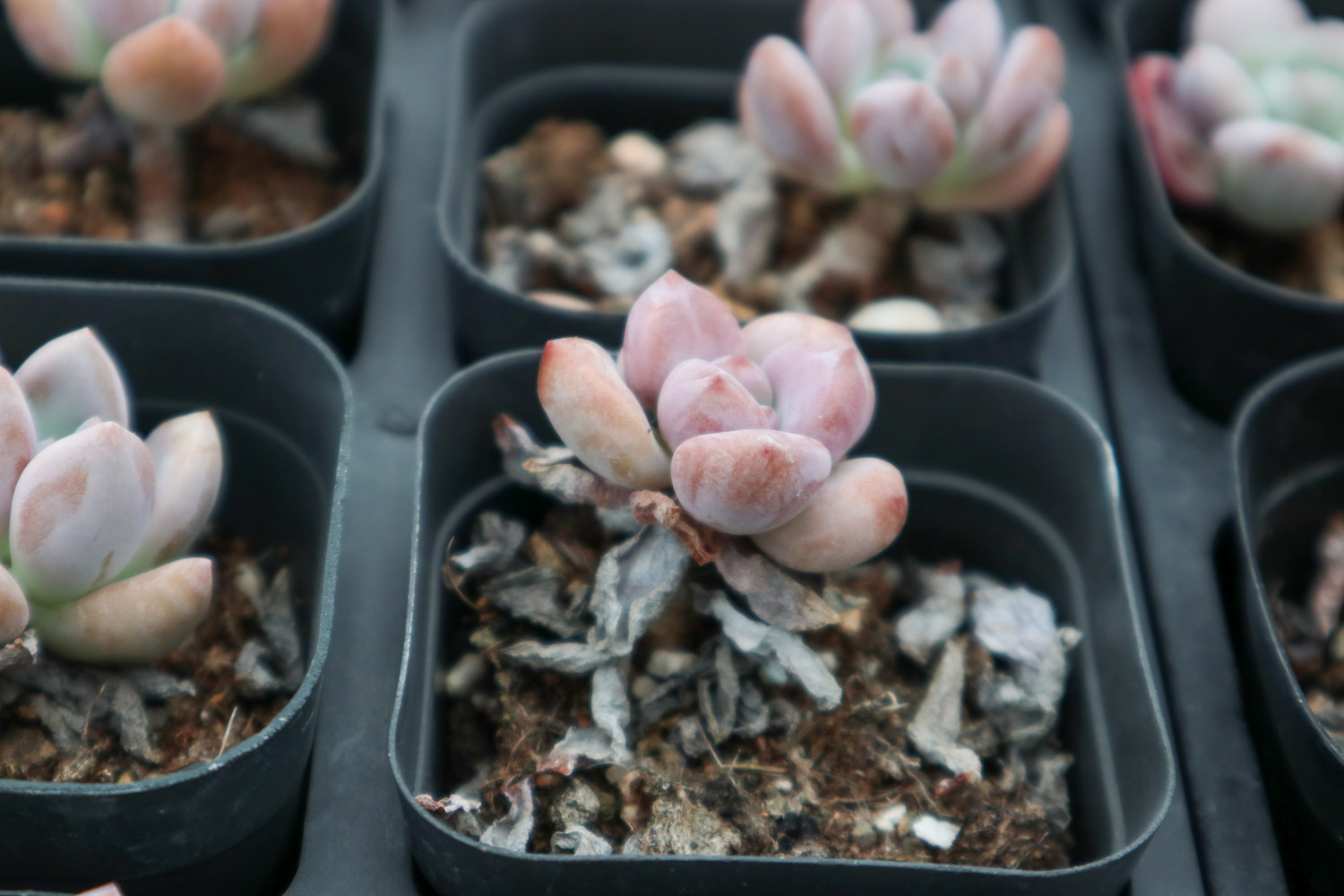
3. Light: during the growth period, we should accept warm and sufficient sunshine, so that we can grow the ideal plant type. If the light is not enough, there will be a phenomenon of overgrowth, and the plant type will be affected. If the strong light is irradiated in summer, the branches and leaves will become very thick, and the pink on the surface will become very thick, which will seriously affect the beauty
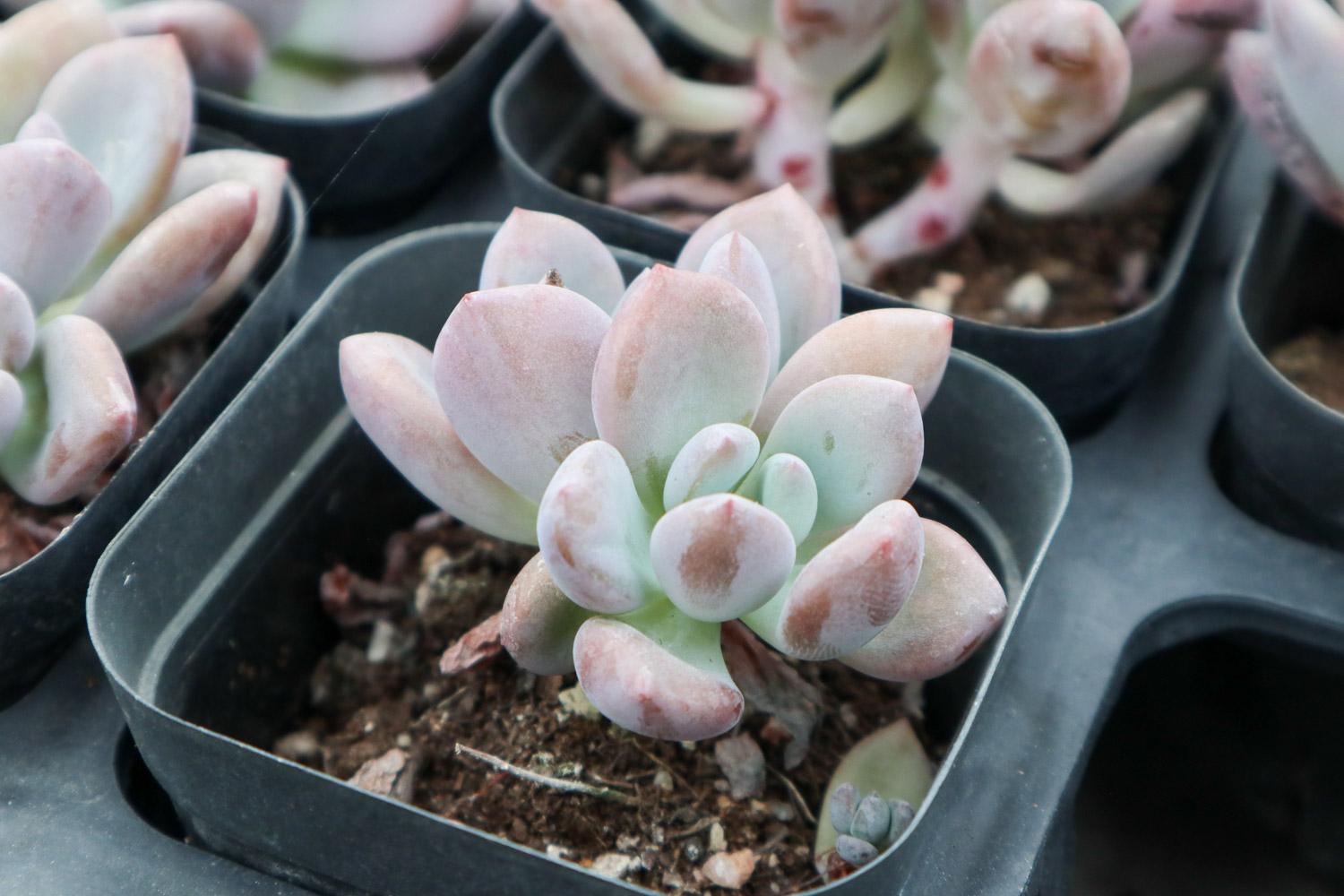
4. Fertilization: try to apply some special fertilizer for meat, so that it can absorb better. It is necessary to stop fertilization in winter, otherwise it will grow in vain
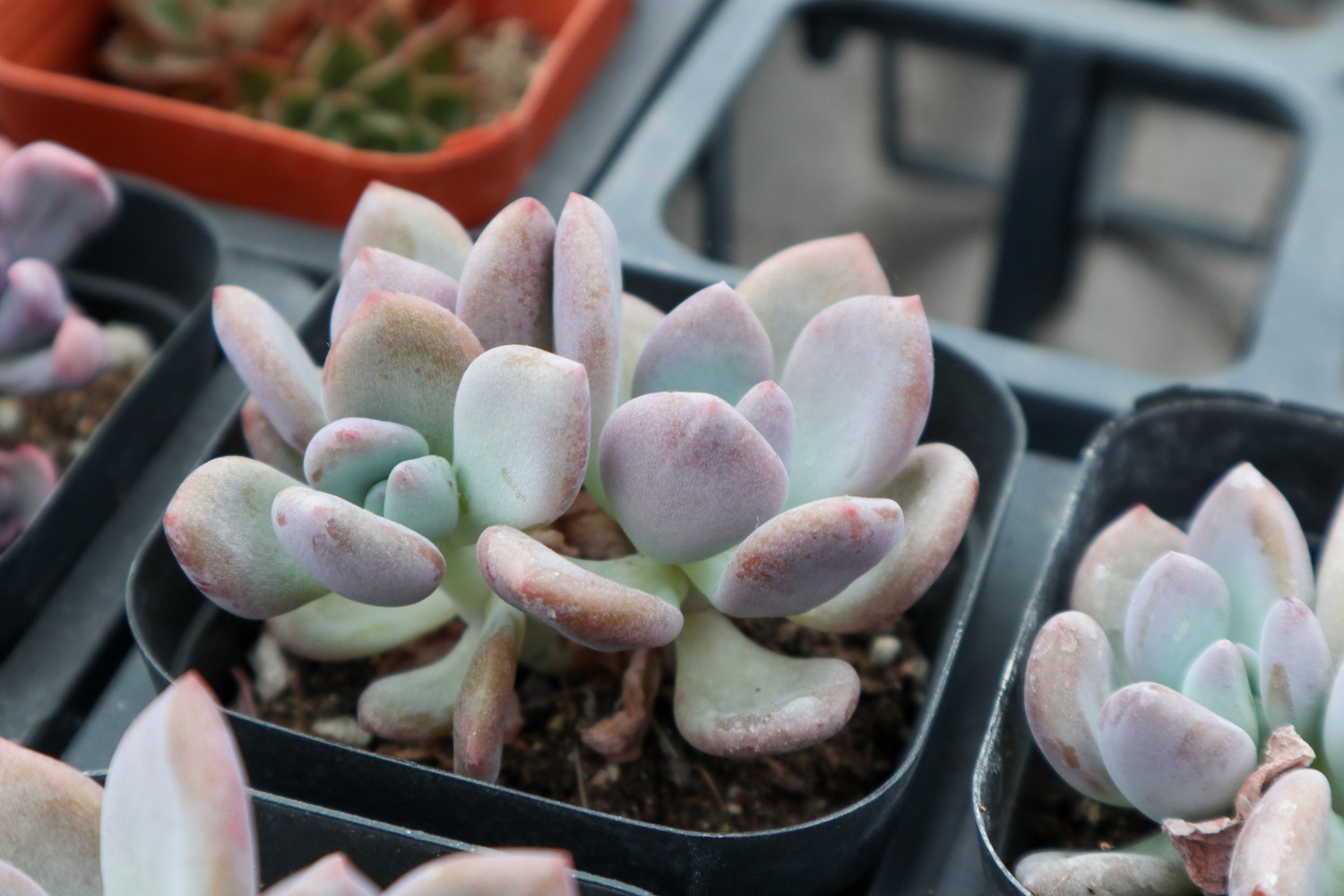
2、 Breeding skills
1. Propagation: leaf cutting and branching are two important methods. Leaf cutting can be carried out all year round. This method is also the simplest. Directly pick the branches and leaves of the plant, and then dry the wound, and then replant it. The ramets are best carried out in spring. The adult plants are separated into several parts and then planted in the flowerpot
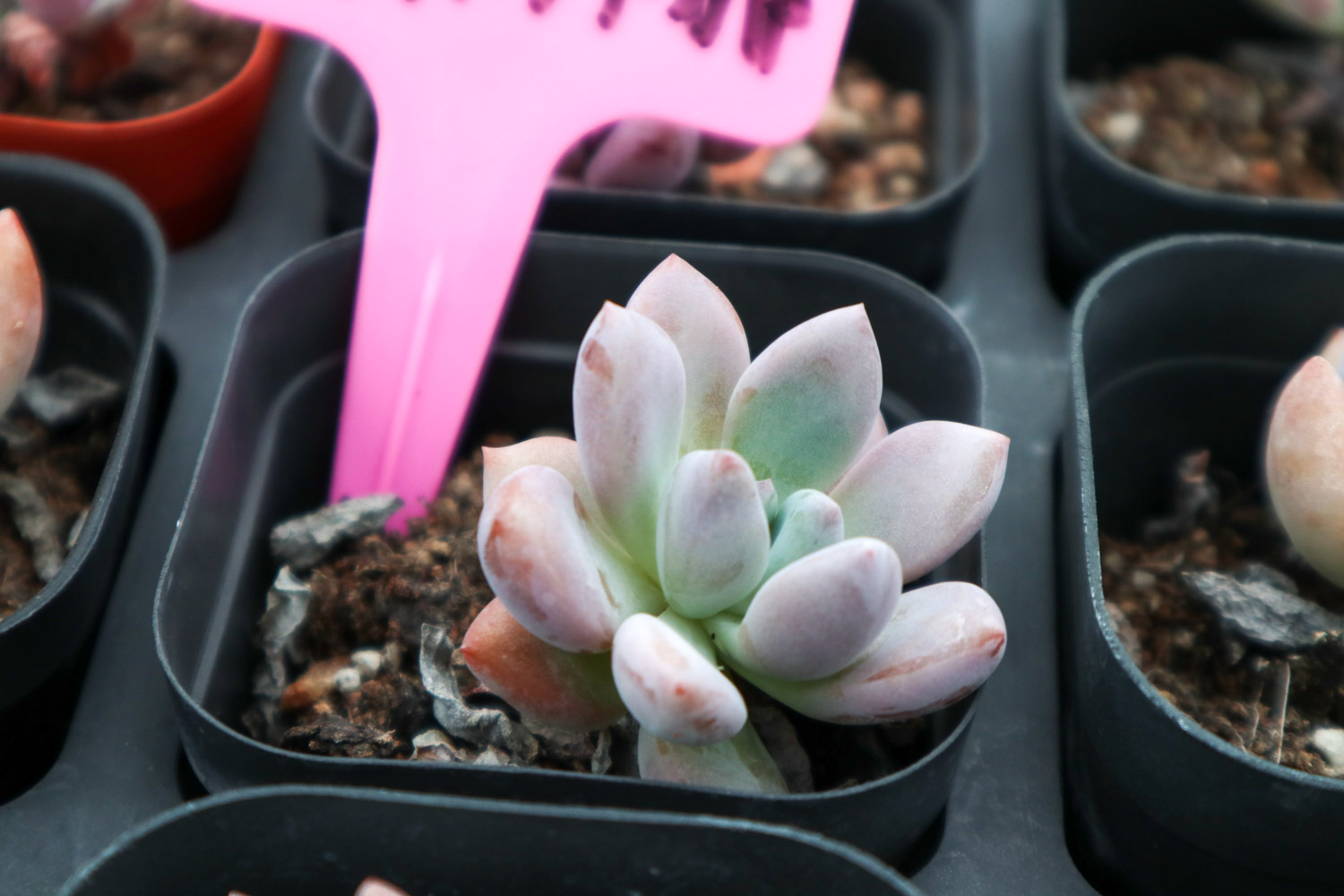
2. Pruning: oprina often grows in vain, so it needs to be pruned, cut off the aged branches and leaves, and cut out a more perfect plant type
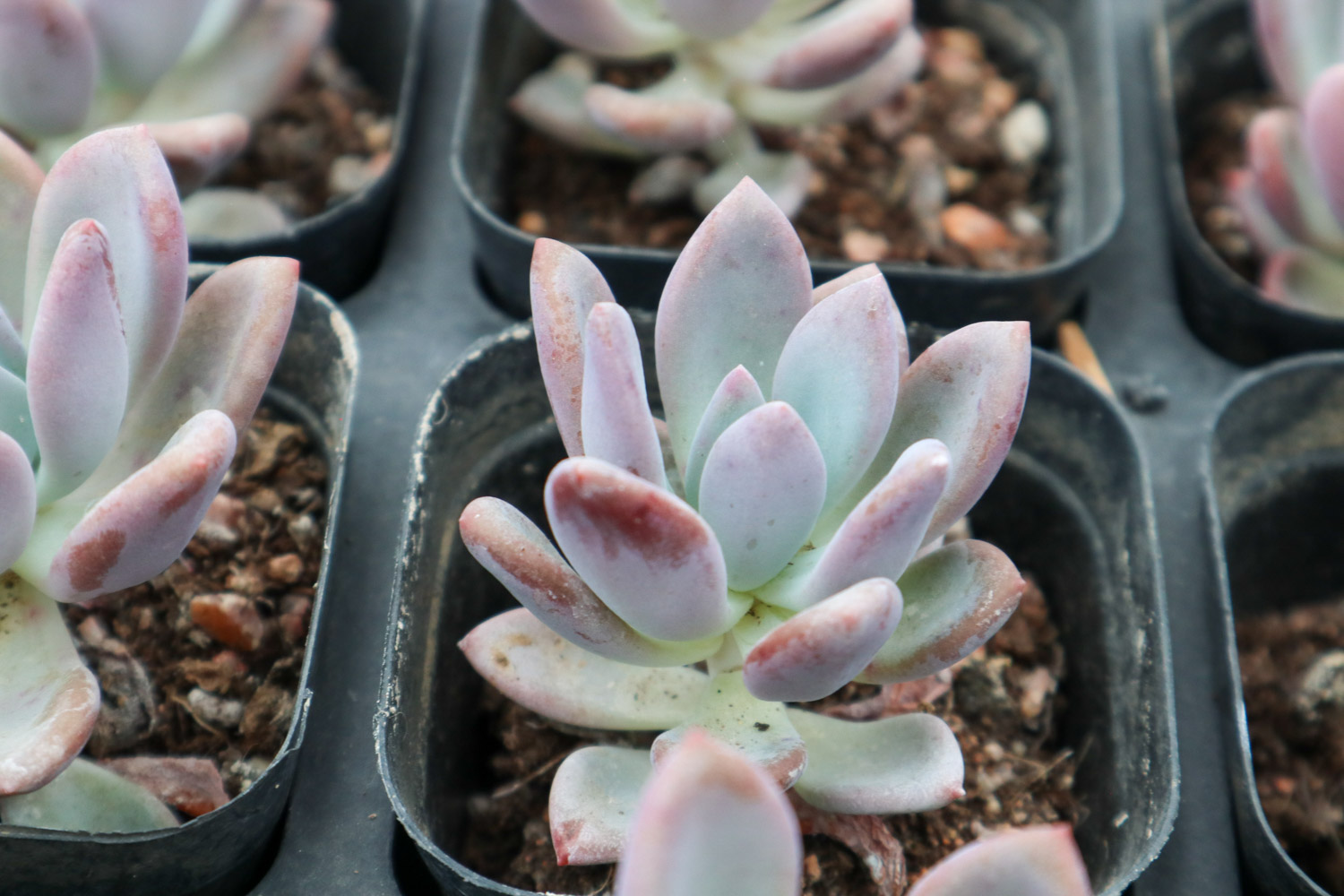
3、 Diagnosis and treatment problems
1. Disease: root rot is the main disease, which usually makes its roots fester and cannot grow normally. Wettable powder can be used to control it
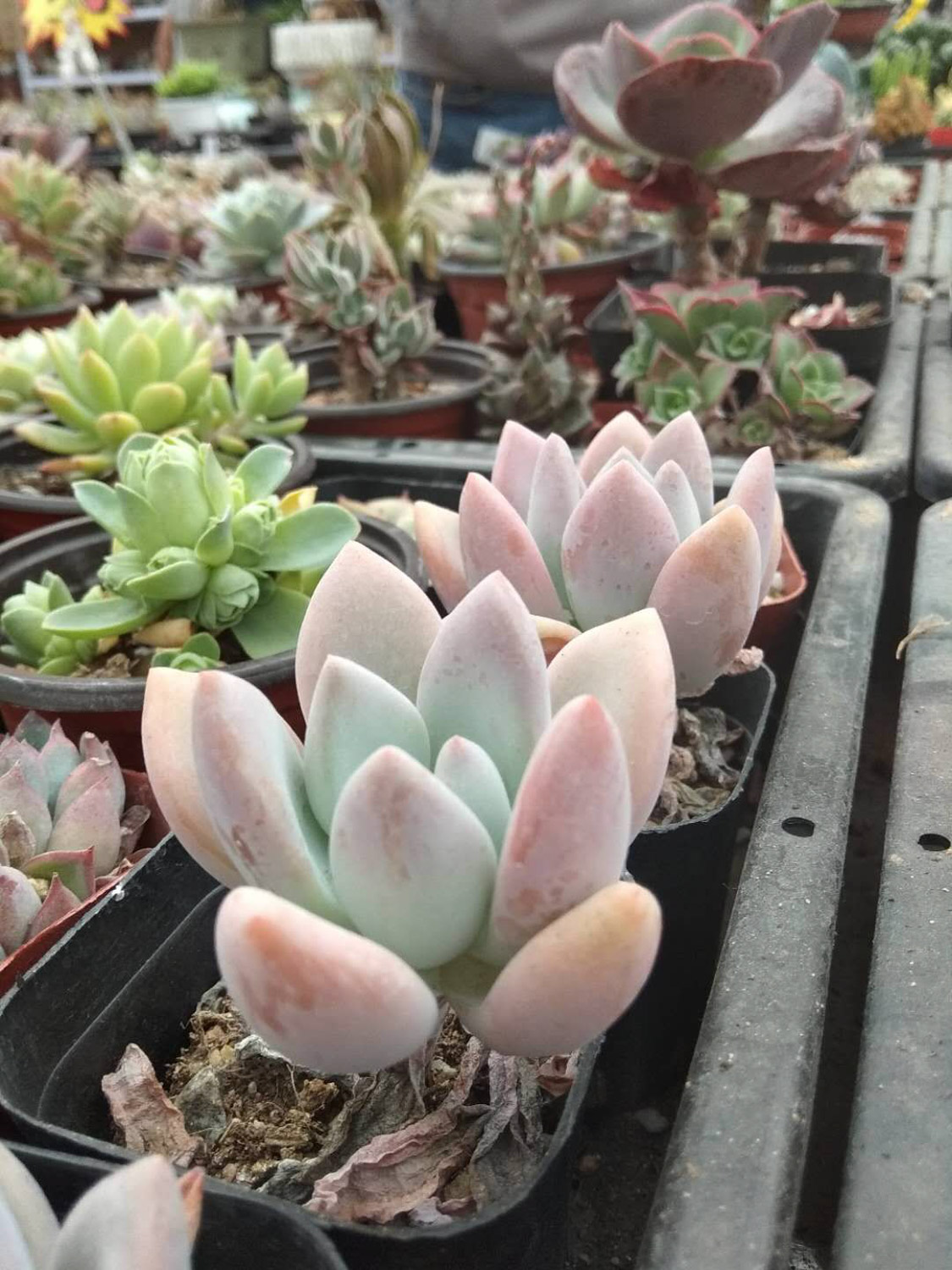
2. Insect pests: whiteflies often appear, and some pesticides can be used to completely prevent and control them

4、 Other issues
1. Toxicity: it has no poison and can absorb radiation, so it can be safely cultured
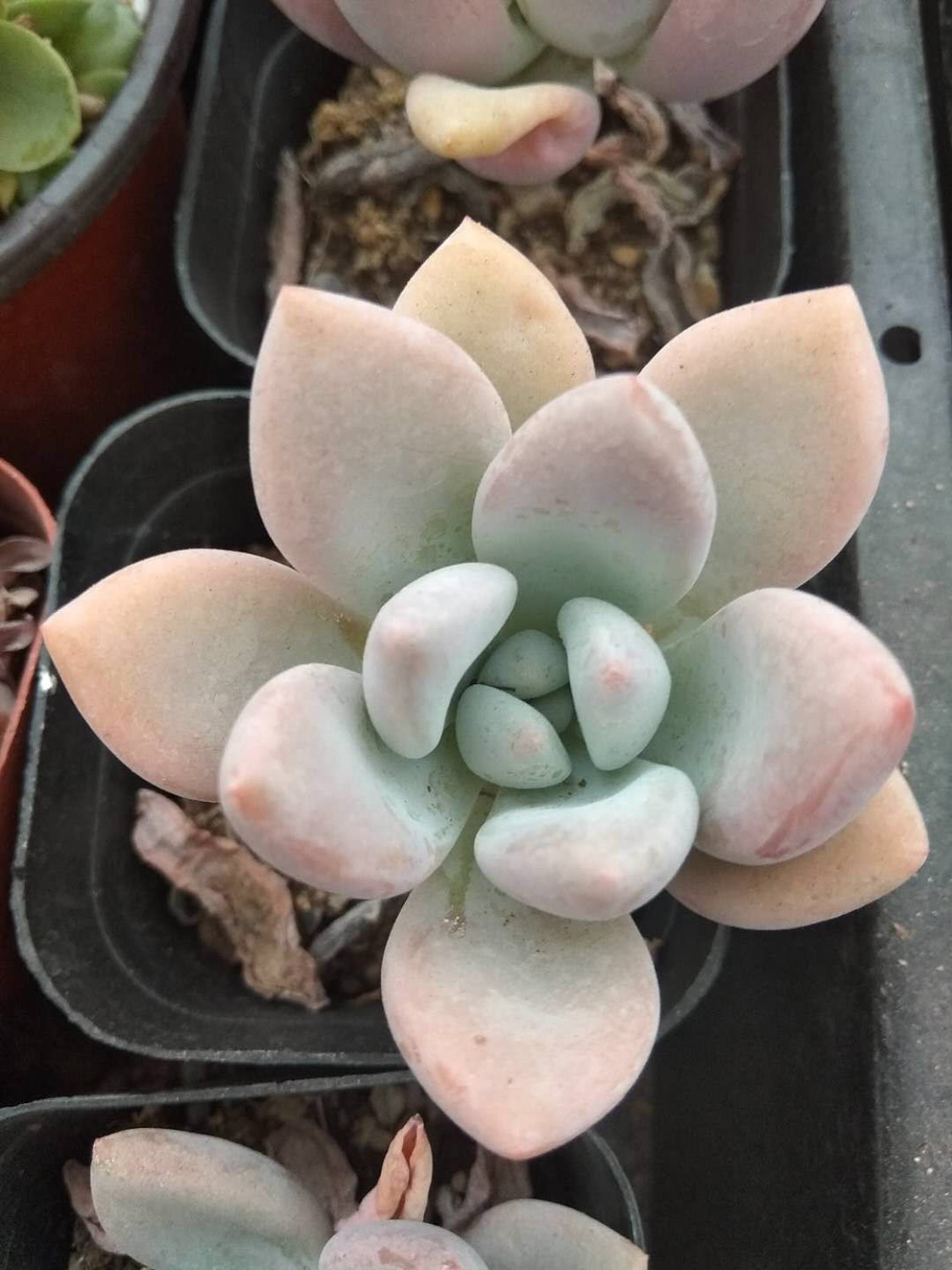
2. Whether it can be raised at home: Yes, it is highly ornamental and pleasing to the eye
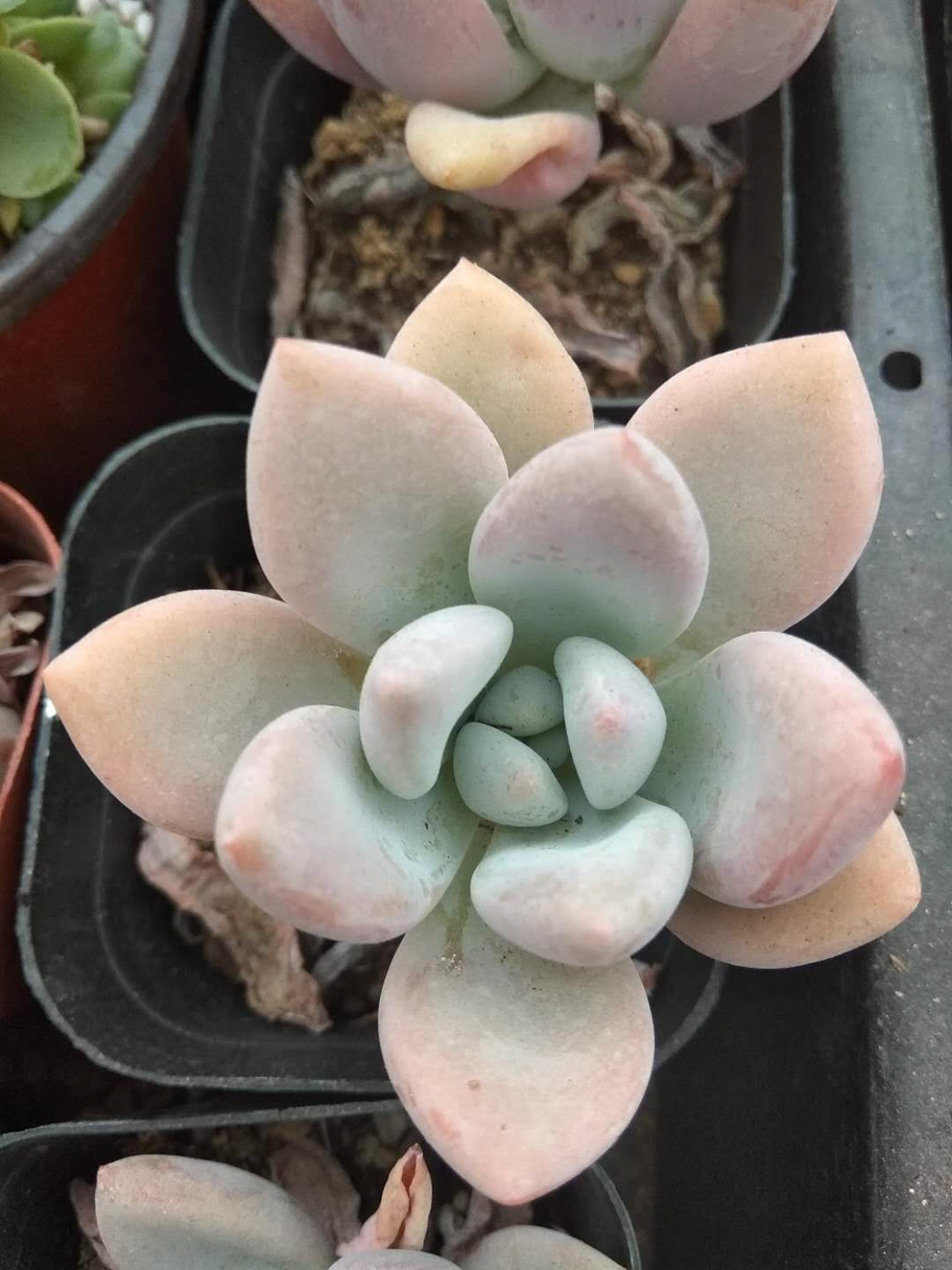

 jackfruit
jackfruit snake plant
snake plant hibiscus
hibiscus hydrangea
hydrangea lavender
lavender Green roses climb al...
Green roses climb al... If you don't pay att...
If you don't pay att... Management of four g...
Management of four g...

